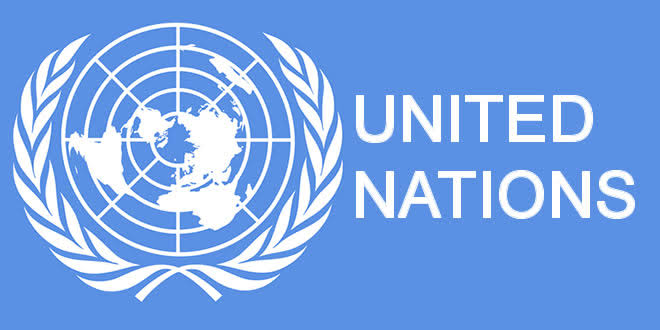By Muhammad Amaan
The United Nations has issued a call to action to protect the Earth’s vital ecosystems from rampant pollution, worsening climate impacts, and the decimation of biodiversity.
In a message marking World Environment Day, UN Secretary-General, António Guterres, emphasised the urgency for countries to fulfil their commitments to restore degraded ecosystems and land, in line with the global agreement to protect biodiversity known as the Kunming-Montreal Biodiversity Framework.
According to the UN, World Environment Day has been held annually since 1973 and has grown to be the largest global platform for environmental outreach ever.
This year’s theme is “land restoration, desertification and drought resilience.”
Guterres stated that countries must use their national climate action plans to halt and reverse deforestation by 2030, significantly increasing financial support for developing nations to adapt to extreme weather, protect nature, and support sustainable development.
The UN chief said, “Every dollar invested in ecosystem restoration creates up to thirty dollars in economic benefits.”
He noted that the failure to curb runaway pollution, climate chaos and biodiversity destruction is evident, stating that healthy, fertile lands are transforming into deserts, thriving ecosystems into dead zones and rising carbon dioxide emissions.
“That means crops failing, water sources vanishing, economies weakened, and communities endangered – with the poorest hit hardest … It is time to break free.
“We are Generation Restoration. Together, let us build a sustainable future for land, and for humanity,” he added.
On her part, the Executive Director of the UN Environment Programme, Inger Andersen, called on everyone to join the global movement on putting those words into action.
“By restoring ecosystems, we can slow the triple planetary crisis: the crisis of climate change, the crisis of nature and biodiversity loss, including desertification, and the crisis of pollution and waste.
“In addition, by doing so, the world can get closer to limiting global temperature rise in line with the 2015 Paris Agreement by increasing carbon storage and reducing poverty and hunger, in line with the Sustainable Development Goals (SDGs).
“Land restoration can be a golden thread that ties these together, ties together action and ambition across all these three important gatherings,” Andersen said.
To commemorate World Environment Day 2024, in Asia and the Pacific, the UN’s regional development arm and UNEP will bring together key stakeholders to discuss priority actions, including circular water resource use, sustainable food production, and resilient urban development.
The Secretary-General will later in the day deliver a special address on climate change at the American Museum of Natural History and present new data from the World Meteorological Organisation and the Copernicus Climate Change Service.
He will be joined by his Special Envoy on Climate Ambition and Solutions, Michael Bloomberg, and the President of the Museum, Sean Decatur.




